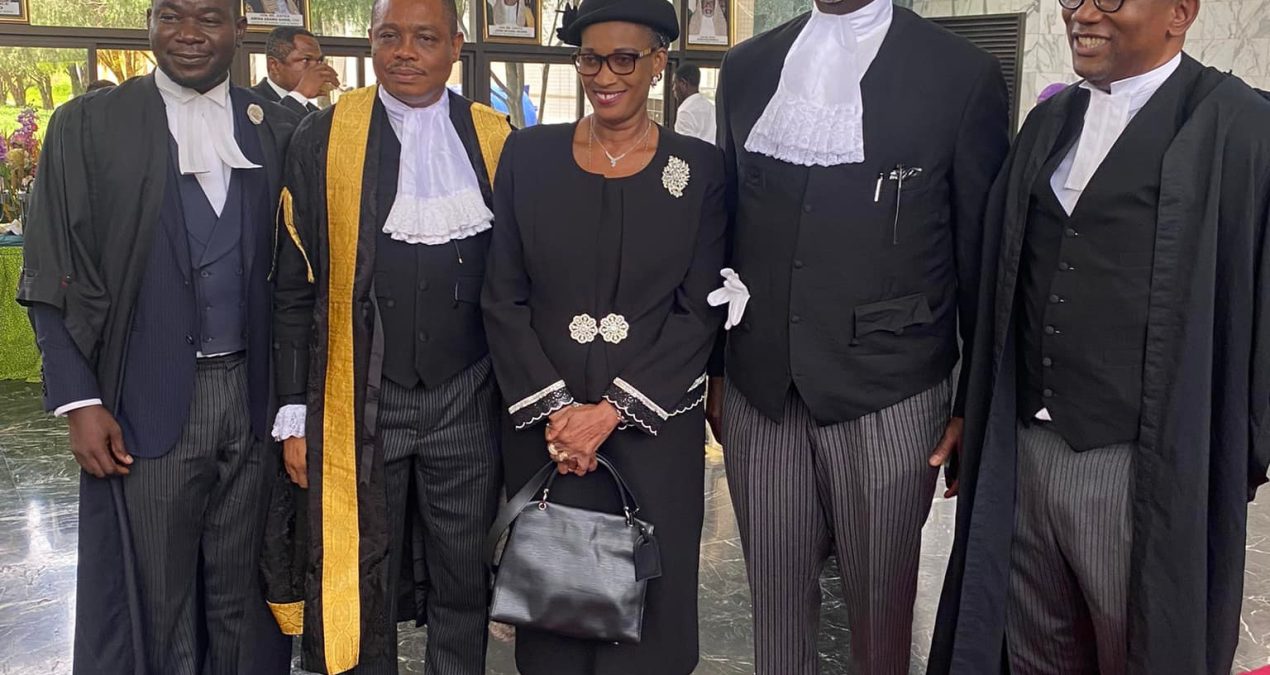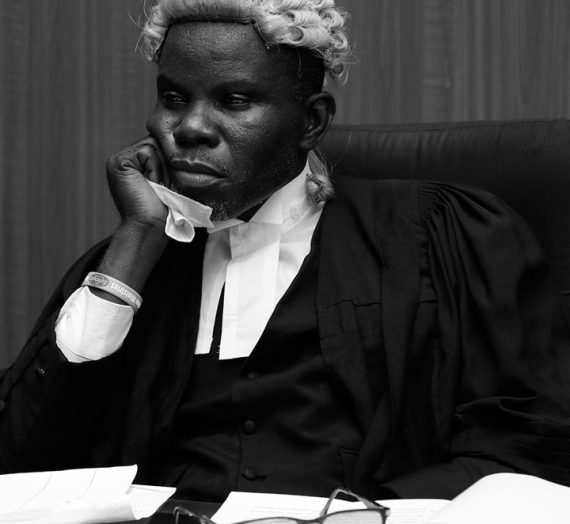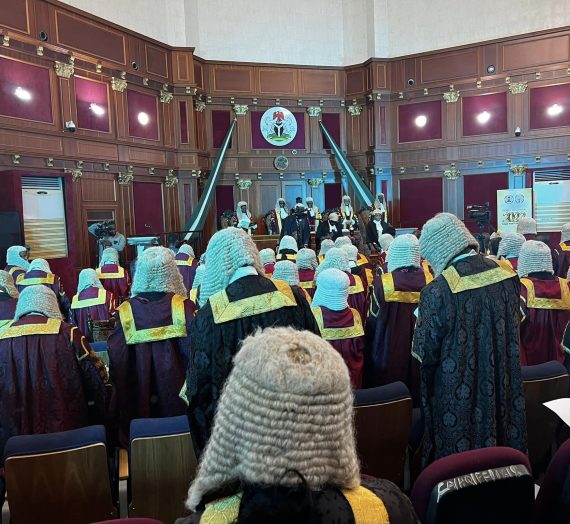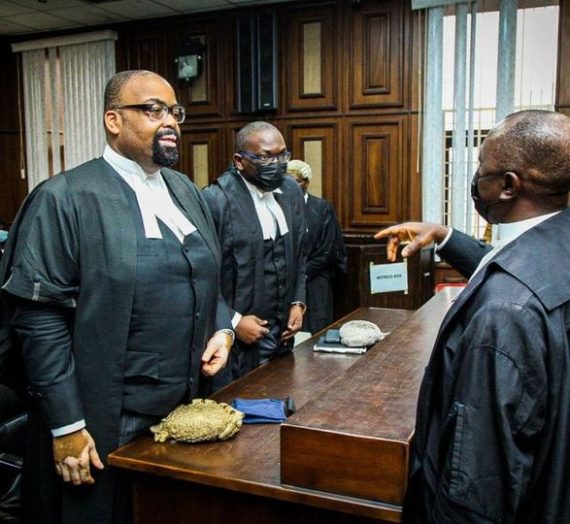Hello there!!! In the previous piece I had said that I’ll return soon with another piece, but I delayed. For that, I offer my apologies and have come with a token of appeasement. I hope it meets the purpose.
So, have you ever been given a file and told to prepare cross examination questions? Let’s even go a step further. Have you ever been asked to cross examine an adverse party’s witness? If yes, what informed your choice of questions? Or did you just go ahead to ask questions because of course, in cross examination the sky is your limit? LOL!!!!
Walk with me as we find out what should be on your mind when you set out to draft cross examination questions or conduct cross examination.
Before you begin to draft questions for purpose of conducting cross examination, you should have a purpose. Yes, you should have a purpose for the cross examination of a witness. Ask yourself: what do I want to achieve with the cross examination of this particular witness? I assume that at the point of asking this question, you would have had the facts of your case at your fingertips.
It is important to have a purpose for your cross examination. That’ll inform your choice of questions. For instance, if your purpose for cross examining a particular witness is to discredit that witness so that the court believes less of his/her testimony, then you’ll do well to ask questions that will get the witness to contradict himself/herself. If your purpose is to put forward the case of your client through the cross examination of the witness on the other side, then you’ll need to ask questions that’ll aid the achievement of that.
By the way, you don’t have to wait for the testimony of your witness to put forward the case of your client. As a defendant, you can start putting forward your client’s case through the Claimant’s witness. How do you do that? It’s simple. By asking the Claimant’s witness relevant questions that support the case of your client. Under cross examination, you can get the witness to confirm salient facts of your case. The trick is to ask questions relevant to your case, and to which you know the answers.
Another point to note: mind how you couch/frame your questions. This is to ensure that you elicit desirable answers.
Take this scenario for instance: A witness in his evidence-in-chief states that he has been making payments into an account for the purpose of repaying a loan facility. Then, he goes on to say that the payments made so far have not reflected in the loan account. He then says that he had requested for the statement of account from the Bank but alleges that the Bank refused to issue same to him.
If I’m to cross examine him on the basis of this testimony, what will my purpose be? Well, my purpose would be to discredit him so that the court doesn’t believe his testimony. I’ll do that by asking him this one question (that’s after I’ve laid the foundation with his testimony) to make him contradict himself. Here’s the question:
Q: Witness, you don’t have access to the loan account.
Now, if the witness answers that he doesn’t have access to the account, he would be lying because he cannot claim not to have access to the account and yet know that the payments made are not reflected in the account. That’ll form your argument in your final written address.
On a final note, I’ll say that cross examination is an art. We weren’t taught this art in Law School. But one can always develop the art. A good place to begin is to seek guidance from experienced litigators.
Written by Queen Charles Ukpo ESQ



